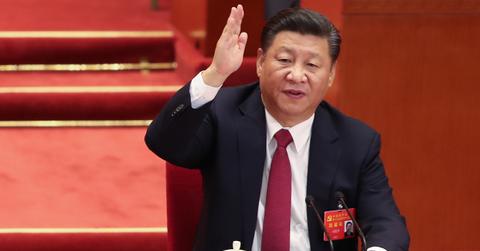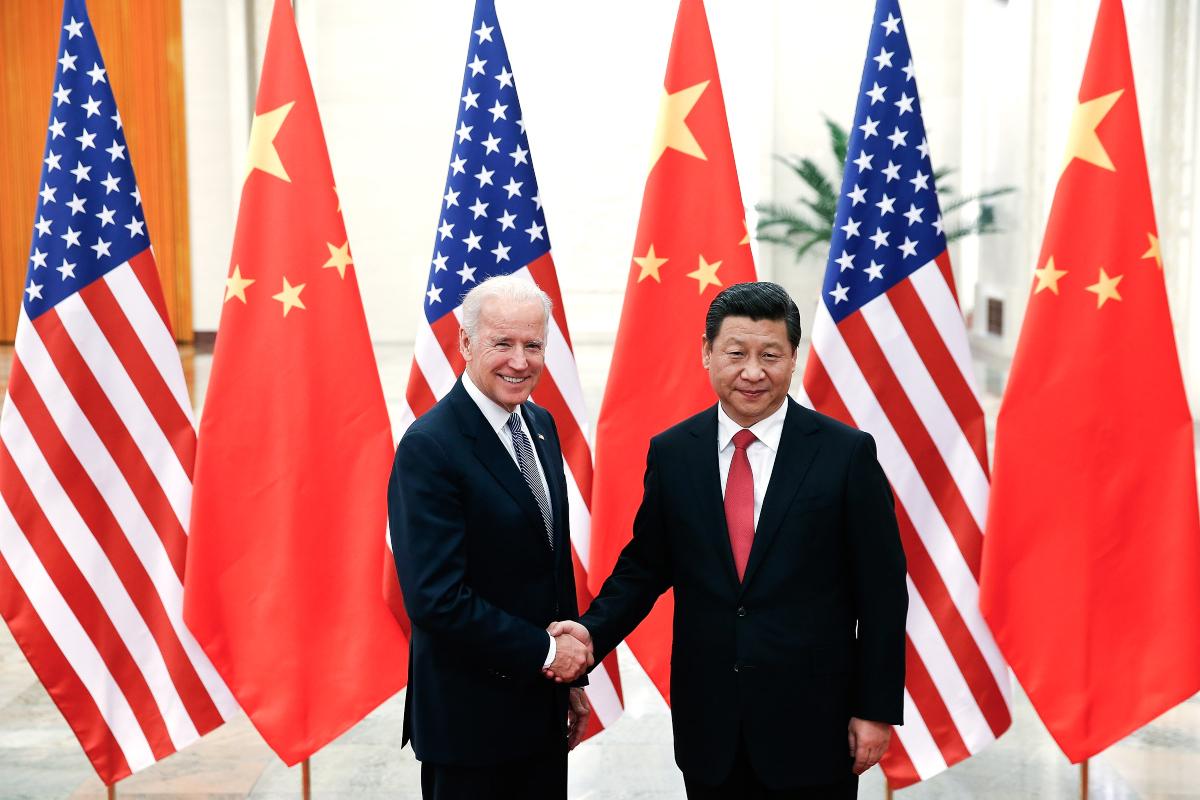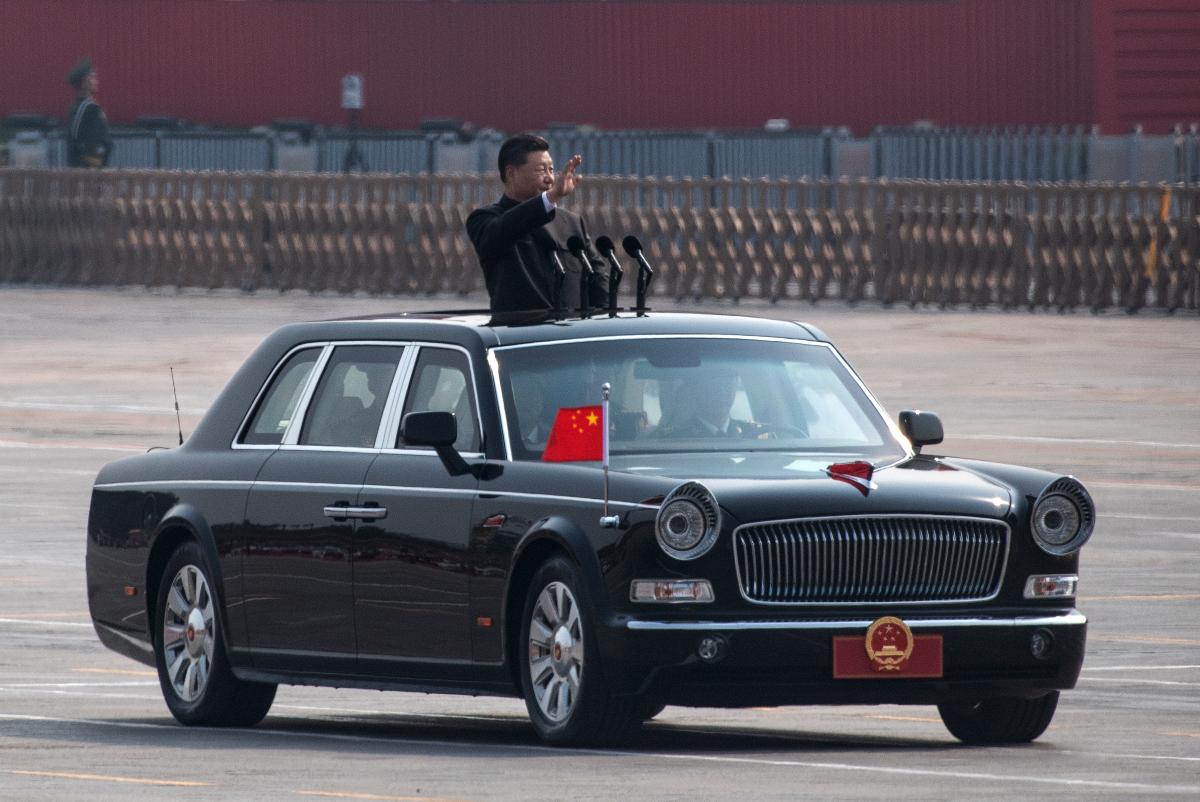How Long Has Xi Jinping Been in Power and Is He President for Life?
President Xi Jinping is the most powerful Chinese leader since Mao Zedong. How long has he been in power and is he China's president for life?
Dec. 8 2021, Published 8:40 a.m. ET
Chinese President Xi Jinping is the world’s second-most powerful person, after the U.S. president. Meanwhile, under his watch, U.S.-China relations have nosedived. The Biden administration’s decision to diplomatically boycott the Beijing Olympics hasn’t helped the relations. How long has Xi been in power in China? Is he really the president for life in China? Also, what does his leadership mean for U.S.-China relations and the world in general?
Xi was born in June 1953 and is married to Peng Liyuan—a famous Chinese folksinger. They have a daughter named Xi Mingze. She was born in 1992 and has largely maintained a low profile.
Xi Jinping comes from a political family.
Xi's father was also a prominent leader of the CCP (Chinese Communist Party). Xi Zhongxun was very close to Mao Zedong but later he fell out of favor due to alleged disloyalty. Zhongxun was sacked from the party and was sent to prison when Xi was 15 years old.
After his father was jailed, Xi was sent to the countryside. For over six years, he served as a manual laborer in a remote village of the Shaanxi province. According to Xi's own admission, the stint in the countryside transformed him.
Xi Jinping became the Chinese president in 2013.
Xi became the Chinese president in 2013. He took over the baton as the General Secretary of the CCP in 2012. He was re-elected as the president in 2018. Xi is the most powerful leader in China since Mao Zedong.
Xi Jinping holds multiple roles in China.
Apart from being the Chinese president and the General Secretary of the Communist Party, Xi holds several other titles. He's the chairman of the Central Military Commission and the Central National Security Commission. He also took over the title of commander in chief.
Xi has tightened his grip on the party and has either sacked or jailed dissidents. Xi has also tightened his hold on the armed forces. Under his watch, Chinese armed forces have taken an aggressive stand and after decades of peace. There have been armed clashes with neighbor India with whom the country shared a long but disputed border.
"Xi Jinping thought" is being taught in Chinese schools.
“Xi Jinping thought” is being taught to Chinese students ranging from primary schools to universities. In 2018, Xi Jinping thought was added to the Chinese constitution. Meanwhile, it wasn’t the only constitutional change under Xi's watch.
Xi Jinping could be China's president for life.
Like the U.S., China also had a two-year limit on presidents. However, in 2018, the year Xi was re-elected as the Chinese president, the term limit was removed. This effectively means that Xi could be China's president for life.
The way Xi has sidelined dissidents within the party and tightened his grip on almost everything in China, he can remain president as long as he wants. Xi's re-election at the end of the current tenure in 2023 would only be a formality.
What does Xi Jinping’s rise mean for the world?
Xi’s rise means a more assertive and aggressive China. Under Xi’s controversial BRI (belt and road initiative), the country has been investing in the infrastructure of neighboring countries creating a debt trap for the smaller countries. China has been able to control strategic assets like airports and ports in other countries that failed to repay their debt.
As for U.S.-China relations, for all practical purposes, we are in a new cold war. Irrespective of who sits in the White House, there's a bipartisan agreement that China is the biggest strategic threat for the U.S., even ahead of Russia.
From Taiwan, trade, human rights issues, and global dominance, expect more frictions between the world’s two biggest countries as an assertive China seeks to undo what it calls a “century of humiliation" and works towards a pivotal role in the world order.



